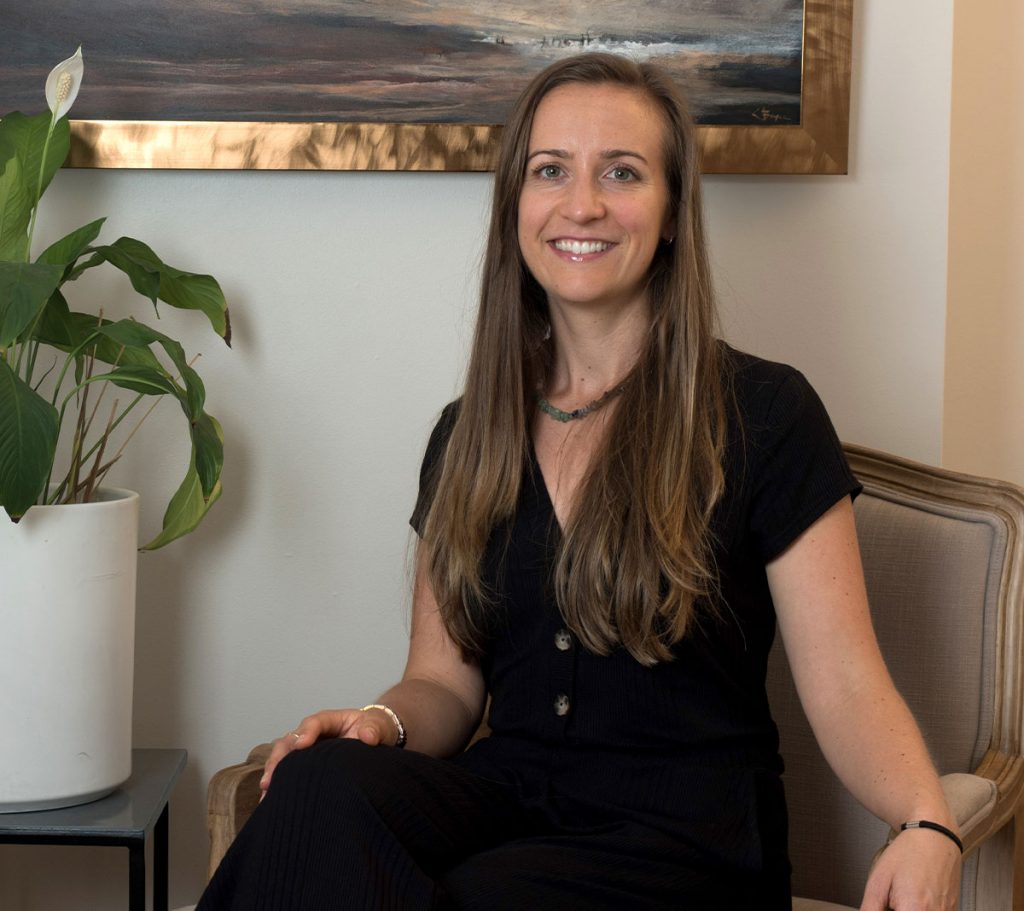ASD
Autism Spectrum Support at TRC
At TRC, we offer an integrated, client-centred approach to Autism Spectrum Disorder (ASD) assessments. Our team of consultant psychiatrists, psychotherapists, psychologists, and coaches work collaboratively to provide a comprehensive, multi-disciplinary assessment pathway.
We understand that autism presents differently in every individual – we take time to listen, observe, and understand, ensuring each assessment is tailored to the person’s unique strengths, challenges, and lived experience.
From initial assessment through to diagnosis and beyond, we offer clear guidance, psychoeducation, and practical strategies to support both the individual and their family. By combining specialist psychiatric input with therapeutic and educational insight, we deliver whole-person care, helping our clients to feel seen, understood, and supported at every stage.
What is included in an ASD Assessment at TRC:

1. Initial Clinical Assessment (90 minutes)
A thorough clinical interview with a Consultant Psychiatrist, including developmental history, discussion of current concerns, and behavioural observations. Parents or guardians are encouraged to attend for part of this appointment.

2. Parent Interview – Developmental History (60 minutes)
This structured interview gathers detailed background on early development, communication milestones, school performance, social engagement, and sensory or behavioural concerns.

3. ADOS-2 Assessment (60-90 minutes)
The ADOS (Autism Diagnostic Observation Schedule) is a gold-standard, play-and conversation-based assessment conducted by a separate clinician to explore social interaction, communication, and behaviour patterns.

4. Diagnostic Review & Feedback Session (60 minutes)
Review of findings and a formal diagnosis is made (if applicable). There will be a discussion of next steps, support options and recommendations.
What happens after a diagnosis of ASD?
Whether a diagnosis is confirmed or not, we can recommend individualised support based on an individual’s profile, challenges, and strengths, which may include:
Psychological Therapy:
ASD Coaching:
Psychoeducation for families:
Guidance on understanding an ASD diagnosis and its implications, managing ASD-related challenges, available interventions, and long-term support strategies.
Nutritional Therapy:
Liaison with Schools:
We can liaise with SENCOs and school staff to provide practical recommendations for the classroom. This might include sensory accommodations, emotional regulation tools, or communication aids.
Understanding Autism Spectrum Disorder (ASD):

In Younger Children:

In Older Children and Teens:

In Adults:

In Girls:
PRICING
FAQS
Absolutely. With your consent, we regularly liaise with schools to ensure recommendations are understood and supported in the classroom.
We offer ongoing therapy, coaching, and family support — even if the diagnosis was made elsewhere.
Yes. A full diagnostic report is provided with clinical conclusions and practical recommendations.
Yes. We offer assessment and treatment for anxiety, ADHD, OCD, low mood, and more, all under one roof.
TEAM
Consultant Psychiatrist Specialising In Child And Adolescent Mental Health MBChB, MRCPsych, MPhil, BSC
Chartered Counselling Psychologist And Psychotherapist DPsych, MA, MSc, BSc (HCPC, BPS, MBACP)
Executive Function Coach RGN, PGDip, MA, NLP, Cert Psych, Dip In Life-Coaching Cert In EF Coaching.










